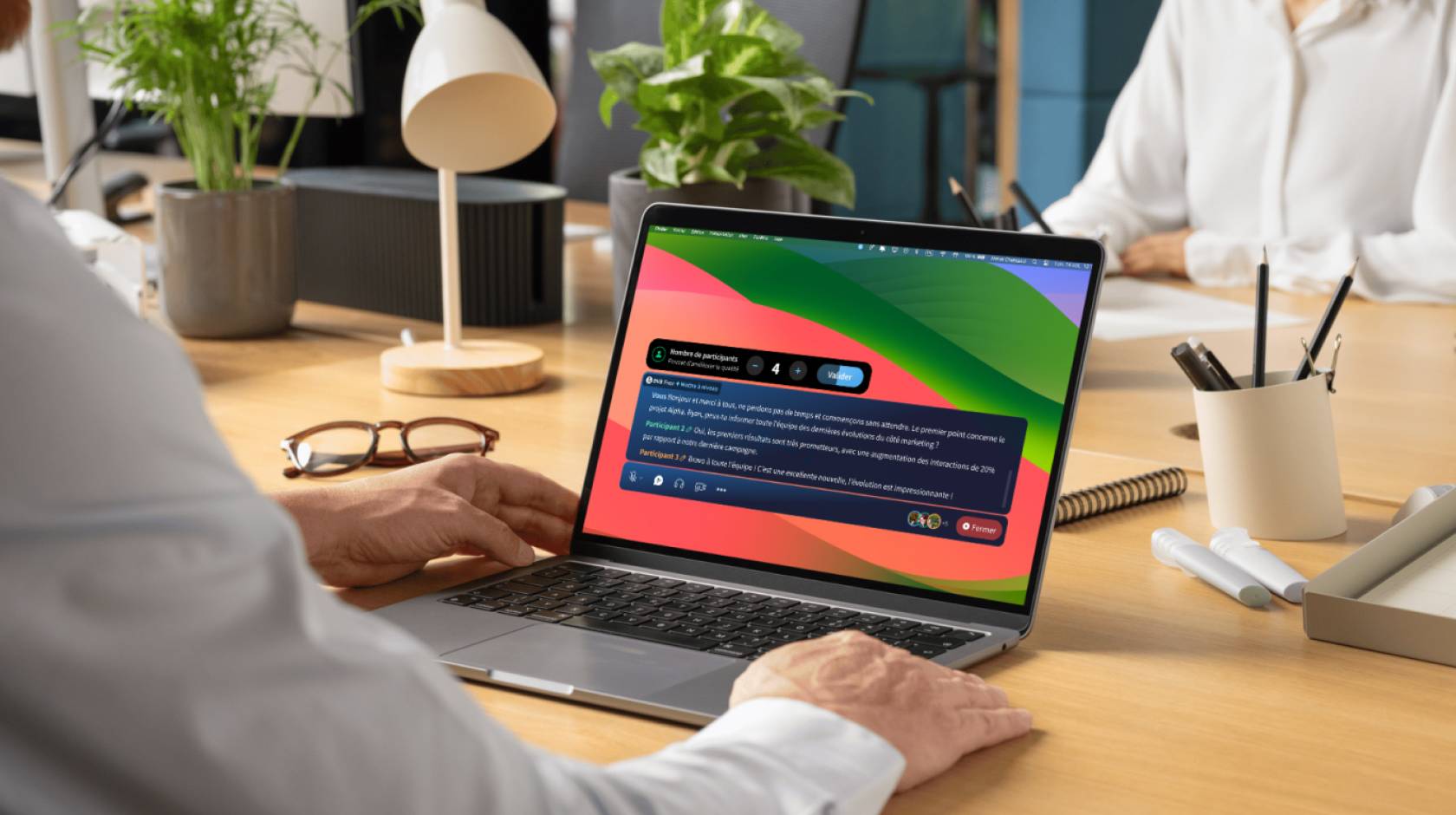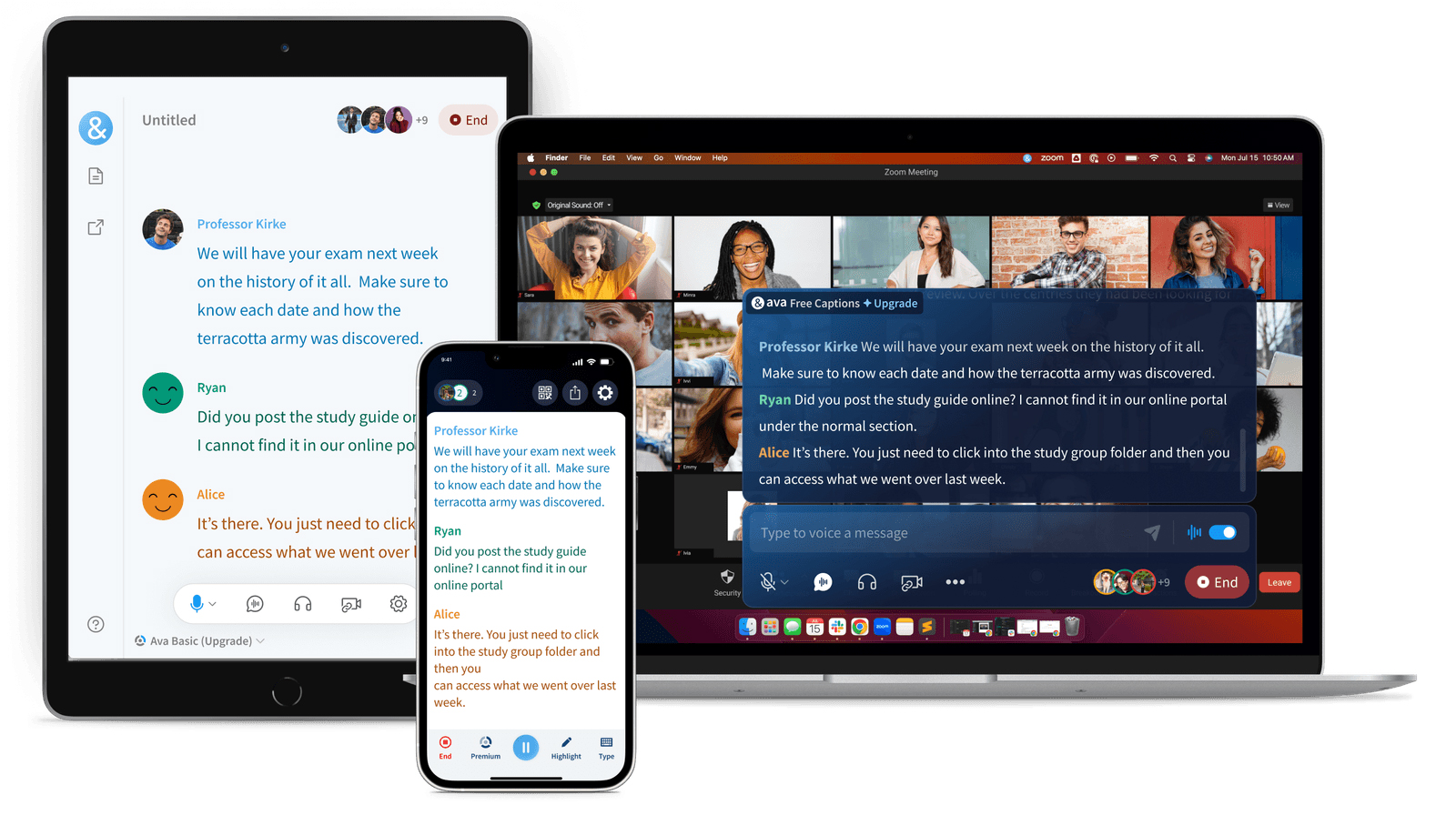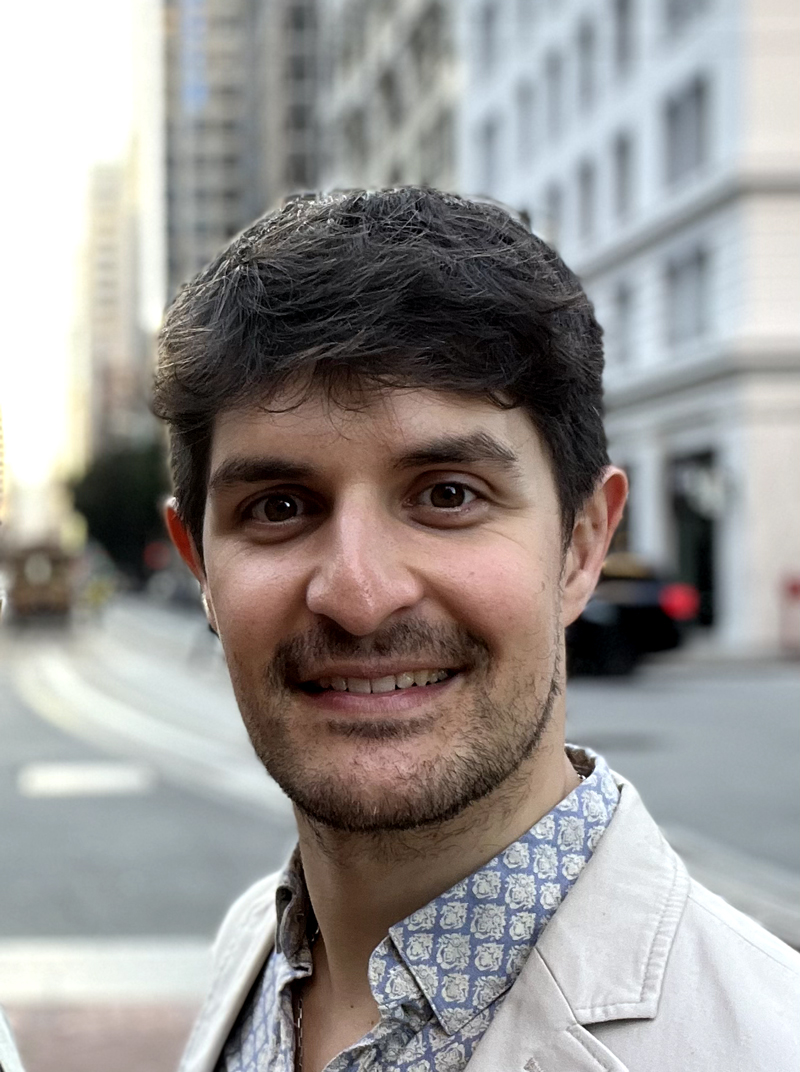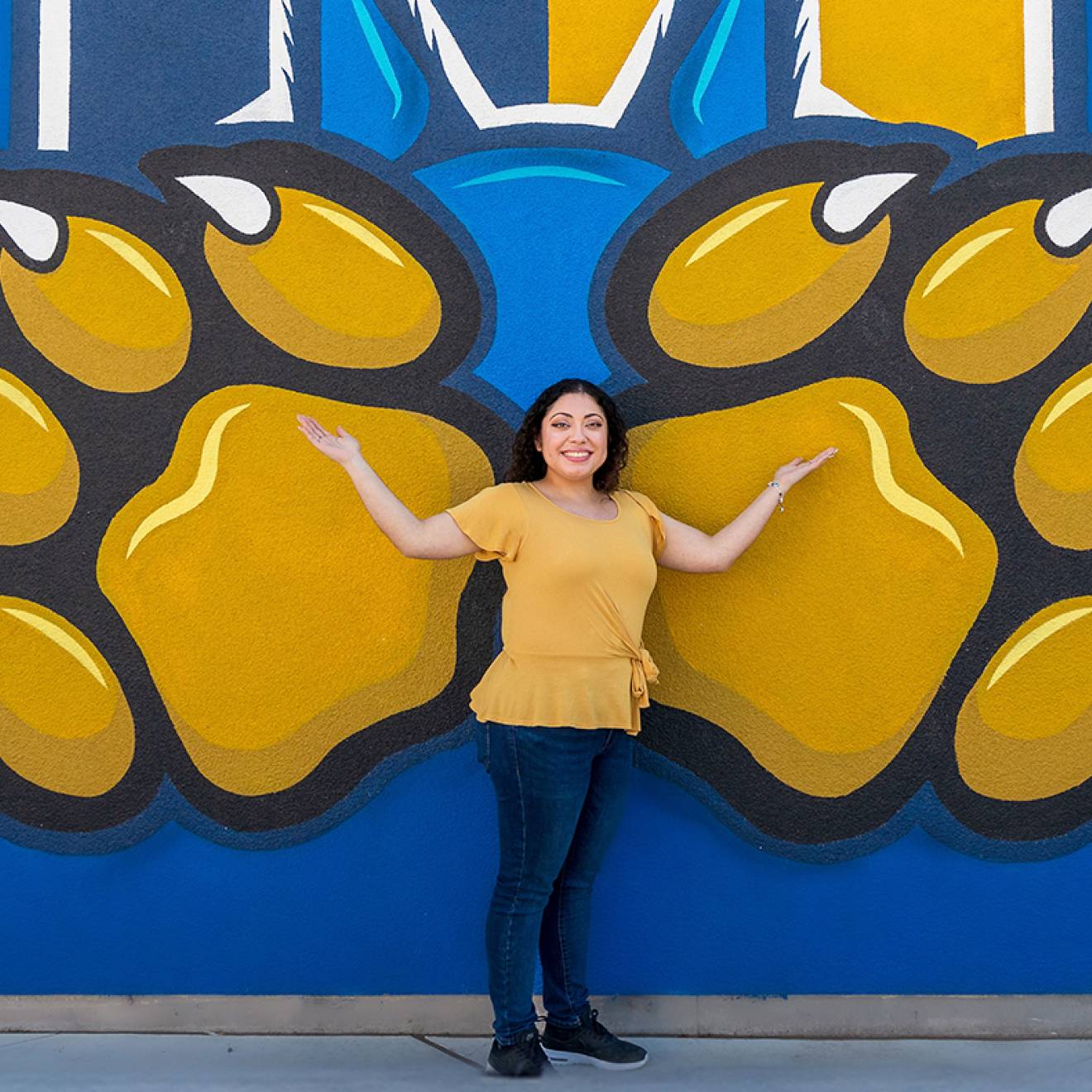Oliver Haug, UC Berkeley

Growing up as the only hearing child in an all-Deaf family — a circumstance he says is rarer than being struck by lightning twice — Thibault Duchemin was always translating. From phone calls to doctor’s appointments, he often served as the de facto bridge between his parents and sister and the hearing world. That’s something he says a lot of CODAs (children of deaf adults) end up doing, since live interpreters can be prohibitively expensive.
“At the time, there was just no solution available, if you wanted to understand what the doctor is saying. You had to pay for an interpreter, and sometimes it’s really expensive,” Duchemin told UC Berkeley News. “And that’s in France, right? So that’s not even a developing country, in which things might be more difficult. Obviously I’d get really upset about it. I’d think, there’s so many better ways we can make things happen.”
Duchemin was particularly angered by how the inaccessibility of daily life to Deaf people impacted his younger sister Pauline. Pauline, who is two years younger, struggled to make friends in schools with hearing children, often finding herself at the periphery of social interactions, unable to follow along despite her ability to lip read. Large group conversations with overlapping speakers were just too difficult to follow.
Pauline was beginning to explore the idea of going to law school and becoming a lawyer in 2013, around the same time that her brother came to Berkeley to get his master’s in engineering. When she and Thibault learned that there were no deaf lawyers in France, he was inspired to start working on a better alternative to existing live transcription services.
“We started with, what would it take for a deaf person to be able to practice law?” he said. “She would need to fully have conversations with clients; she would need to, you know, give a pleading sentence in a trial.”
Talking to other deaf and hard-of-hearing people about what they needed to live their daily lives helped Duchemin and his team further identify how they could help. “When we talked to 150 people, they all told us, ‘I really struggled to understand what other people say, especially when there’s a group of people.’ It’s pretty hard to understand multiple people at once.”
From this, Duchemin and his collaborators Pieter Doevendans and Skinner Cheng built a mobile app offering real-time captioning. With support from Berkeley institutions like the SkyDeck incubator and the Big Ideas Contest, that app would eventually become Ava, a company which today offers live captioning services using a unique combination of AI and trained captioners to hundreds of educational institutions and a number of Fortune 500 companies.
Without UC Berkeley’s unique spirit and bent towards socially-minded innovation, Duchemin said, Ava wouldn’t have evolved into a product that provides captions for thousands of people every day. “It’s a very positive place, Berkeley,” he said. “A lot of setup was done for students to start thinking about either an entrepreneurial project or an inventive project. And that was something very different. Berkeley Big Ideas was definitely one of these competitions in which it was actually permitted to dream big.”
Phillip Denny is the director of Big Ideas, which is a year-long program that offers training, funding, and other forms of support to teams of students working on early stage social impact projects. Since it began in 2006, Big Ideas has supported over 4,000 projects, involved more than 10,000 students, and awarded over $3.2 million to its winners. Contest finalists work with mentors to help refine their proposals and participate in workshops designed to support their diverse needs.
Denny said projects like Duchemin’s are a great example of what makes Berkeley a uniquely innovative environment. “The thing that we prioritize through Big Ideas is really the potential for making a profound social impact,” he told UC Berkeley News. “We want to make sure that the projects we’re supporting can benefit the lives of individuals, of communities or of the planet. That social impact really made [Duchemin] stand out — because obviously, this is a lived experience that he had, but it’s an experience that millions of people across the world have.”
“And then just the innovative aspect,” Denny continued. “There had never been a platform like this created before, and he and his Berkeley team were putting it together.”

Screenshots of Ava’s transcription tools on various devices
Participating in the Big Ideas Contest gave Duchemin’s team the resources to take their project seriously, and go beyond what might’ve been possible otherwise as a student trying to get a company off the ground. “People were not just saying, ‘Oh, we’re gonna give you a little check,’” Duchemin said. “They were literally like, ‘We’ll make sure that you have significant capital so you can actually get started.’ That definitely made it possible for us.”
Ten years later, Ava has grown far beyond what he could have ever imagined as a master’s student at UC Berkeley. Calling in from SOCAP, a conference for social impact financers where he was using Ava to help run captioning for deaf and hard of hearing participants, Duchemin told UC Berkeley News that his dream is to make Ava accessible across the world, in places where there might be fewer interpreting resources for deaf and hard of hearing people.
“Right now, we’re operating in the U.S. and France. And as we do this, then we can start operating with other languages, or keep the same language, but operate in other countries that have lower means, and create the same structure — train local scribes, and use the improved AI to work for their accents,” he said. “We’ve kept that spirit of Big Ideas, I think, of having an opening to the world.”
But as Duchemin emphasized, it all started at UC Berkeley. “I think, first, it was the ecosystem,” he said. “It’s not just Berkeley Big Ideas, it was the fact that everybody was like, ‘You can do it.’ It’s the culture.”
Denny hopes the success of alumni like Duchemin will motivate today’s Berkeley students to participate in this year’s Big Ideas Contest, for which applications are due on November 20.
“It’s Berkeley, right? We already have that history of engaged scholarship. We have students who come to Berkeley because of that ethos we have in terms of activism and engagement,” he said. “And then through Big Ideas, we really channel that energy and identify those who are leading in that space, who are developing technologies and programs and systems that can benefit the world.”
In the years since Duchemin first conceptualized Ava, his sister Pauline has become France’s first deaf lawyer with the help of the technology her brother made, which she used to participate in classes throughout her time in law school. Today, he said, she often takes on cases related to social issues, sometimes working with disabled clients.
Ava’s “Manifesto for Total Accessibility” notes that “total accessibility will be a shared effort,” one that cannot be achieved through technology alone. “If we’re just a technology company, we won’t be able to push forward the impact we ought to make. As a social enterprise, it’s our responsibility to go beyond, to be more,” the manifesto reads. Prioritizing the needs of Ava’s users, Duchemin hopes, is just the first step towards making a more accessible world, from the doctor’s office to the court bench and beyond.

Ava founder Thibault Duchemin

